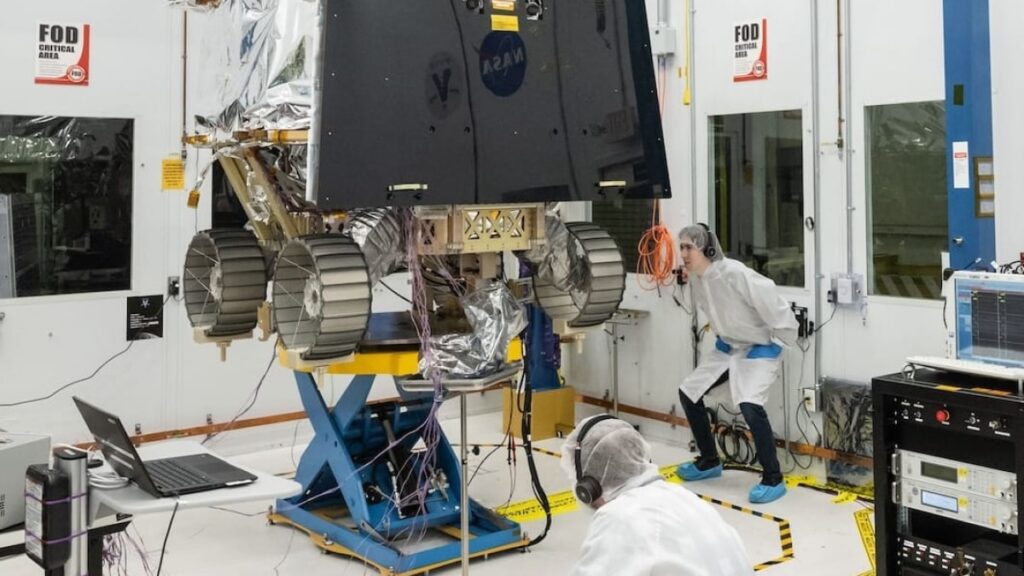China’s Ambitious Space Exploration Plans Unveiled
China has announced an expansive space programme that includes the construction of a lunar space station and exploration of habitable planets. The long-term development plan, scheduled from 2024 to 2050, aims to launch a manned lunar mission soon, marking a significant milestone in China’s space exploration efforts. This initiative focuses on advancing scientific knowledge of the solar system and investigating the potential for extraterrestrial life.
Lunar Space Station: A Gateway to Celestial Bodies
The China Academy of Sciences (CAS) Vice President, Ding Chibiao, revealed that the lunar space station’s construction will occur in phases, with completion anticipated between 2028 and 2035. Serving as a crucial base for future exploration missions, the space station will enable scientists to conduct research on celestial bodies within the solar system. Building upon past successes like the operation of the Tiangong space station and the Chang’e lunar exploration programme, China’s efforts have already yielded valuable data on the Moon’s surface.
Exploring Celestial Habitability and Beyond
China’s space agencies, including CAS and the China Manned Space Agency, have outlined 17 key research areas to be pursued. These research priorities center on investigating the habitability of celestial bodies in the solar system, searching for exoplanets, and exploring the possibility of extraterrestrial life. Ding Chibiao stressed the significance of these investigations, aiming to uncover the physical characteristics of planets and atmospheres that could harbor life, while also delving into the evolution of the universe itself.
In the quest to push boundaries further, China’s plan encompasses broader investigations into the universe’s origins, gravitational waves, and cosmic matter. Research will extend to the Sun and the Earth’s cyclical systems, enhancing understanding of space weather and the dynamic interactions between Earth and the heliosphere. The goal is for China to become a pioneer in space science by 2050, contributing significantly to global knowledge about our planet and the cosmos.
Incorporating keywords: China space programme, lunar space station, celestial habitability, extraterrestrial life, space exploration efforts.
Hyperlinks have been added to popular-related websites organically throughout the article for additional information on specific topics.
This rewritten article encapsulates China’s vision for space exploration through its lunar space station plans and research goals, showcasing its commitment to advancing scientific understanding and expanding humanity’s knowledge of the cosmos.

